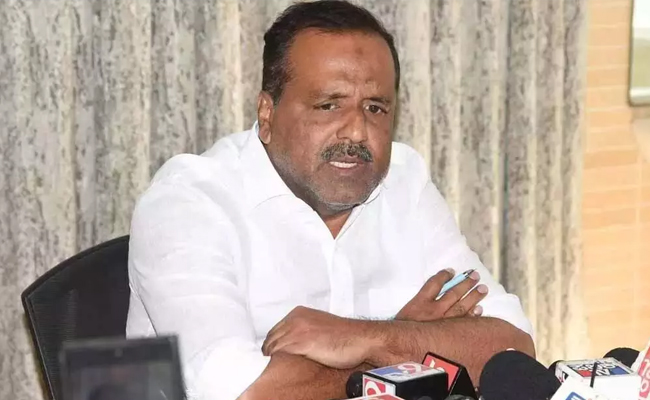Mumbai (PTI): TV star Tejasswi Prakash on Saturday beat actor-model Pratik Sehajpal to emerge as the winner of reality show "Bigg Boss" season 15.
Prakash, known for starring on "Swaragini - Jodein Rishton Ke Sur", took home the Bigg Boss trophy along with Rs 40 Lakh cash prize. The winner was announced by the show's host, superstar Salman Khan.
Sehajpal was the first runner up, while Prakash's actor-boyfriend Karan Kundra finished third.
Actor Shamita Shetty finished fourth while choreographer Nishant Bhat opted out of the finale race and took home Rs 10 Lakh, finishing on the fifth spot.
Prakash entered the show as a title favourite, courtesy her popularity as a TV star.
The 28-year-old actor was known for displaying her competitive and fierce side. During the course of the show, Prakash fell in love with Kundra and the couple became a fan favourite.
Sehajpal, who was one of the finalists on "Bigg Boss OTT" last year, also remained popular throughout the show.
The grand finale saw Bollywood star Deepika Padukone promote her upcoming film "Gehraiyaan" along with co-stars Ananya Panday, Siddhant Chaturvedi and Dhairya Karwa.
The finale was also attended by former Bigg Boss winners including Gauahar Khan, Urvashi Dholakia, Gautam Gulati, Rubina Dilaik and Shweta Tiwari.
Among the highlights of the finale was "Bigg Boss" 13 finalist Shehnaaz Gill paying a tribute to her late partner Sidharth Shukla, who was the winner of the said season. Shukla passed away last year.
Both Gill and Khan got visibly emotional and shared a hug, remembering Shukla. At one point, Khan asked the "Bigg Boss" crew for tissues as he and Gill couldn't hold back their tears.
Khan, who was always fond of Gill, said it had been an extremely difficult time for her and Shukla's mother.
"I keep talking to Sidharth's mom. It's time to move on. You have a bright, beautiful future ahead. Do lots of good work and be happy," he told Gill.
Aren't her black swan feathers matching the trophy wings! ❤ #TejasswiIsTheBoss #TejasswiPrakash #TejaTroops #TCrew #BiggBoss15 #BB15 #TrophyFeels 💕💕 pic.twitter.com/jjsl5wP08w
— Tejasswi Prakash (@itsmetejasswi) January 30, 2022
Let the Truth be known. If you read VB and like VB, please be a VB Supporter and Help us deliver the Truth to one and all.
Mangaluru (Karnataka) (PTI): Karnataka Legislative Assembly Speaker U T Khader on Wednesday sought an inquiry after a large number of Aadhaar cards were found on the banks of the Nethravathi River here.
The cards were found at Farangipete in Pudu village of his Mangaluru Assembly constituency.
Khader, in a note to the Project Manager of the Unique Identification Authority of India (UIDAI), Bengaluru, sought immediate intervention and necessary action against those responsible.
In the note dated March 4, he said that local residents noticed the Aadhaar cards along the riverbank on March 3.
Following information received from the public, the Pudu Gram Panchayat president and villagers collected the Aadhaar cards found scattered in the area. They subsequently brought the matter to his attention and the concerned authorities, he said.
Expressing concern over the incident, the Speaker has directed that a thorough investigation be conducted to ascertain how such a large number of Aadhaar cards ended up on the riverbank and to identify those responsible.
He instructed officials to initiate appropriate legal action through the concerned department at the earliest.





